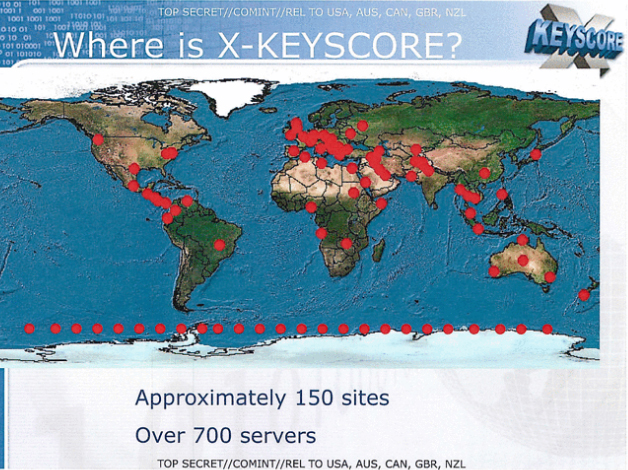NSA ends spying on messages Americans send about foreign surveillance targets

The NSA’s “upstream” collection system taps into Internet traffic and searches for content based on “selectors” identifying targets. Now, the NSA won’t check Americans’ traffic for those selectors unless they’re in the “to” or “from” field of messages.
Today, a spokesperson for the National Security Agency announced that the agency would end the practice of “upstream” collection of messages sent by American citizens—messages that were not directed to targets of NSA intelligence collection but referred to “selectors” for those targets in the body of the communications. According to the statement, the NSA has put an end to that practice, which has been authorized since 2008 under the agency’s interpretation of Section 702 of the Foreign Intelligence Surveillance Act (FISA).
The announcement posted today states:
After a comprehensive review of mission needs, current technological constraints, United States person privacy interests, and certain difficulties in implementation, NSA has decided to stop some of its activities conducted under Section 702. These changes are designed to retain the upstream collection that provides the greatest value to national security while reducing the likelihood that NSA will acquire communications of U.S. persons or others who are not in direct contact with one of the Agency’s foreign intelligence targets.
The changes have been made part of a new Federal Intelligence Surveillance Court order that has narrowed the authorized scope of NSA surveillance.
Read 11 remaining paragraphs | Comments